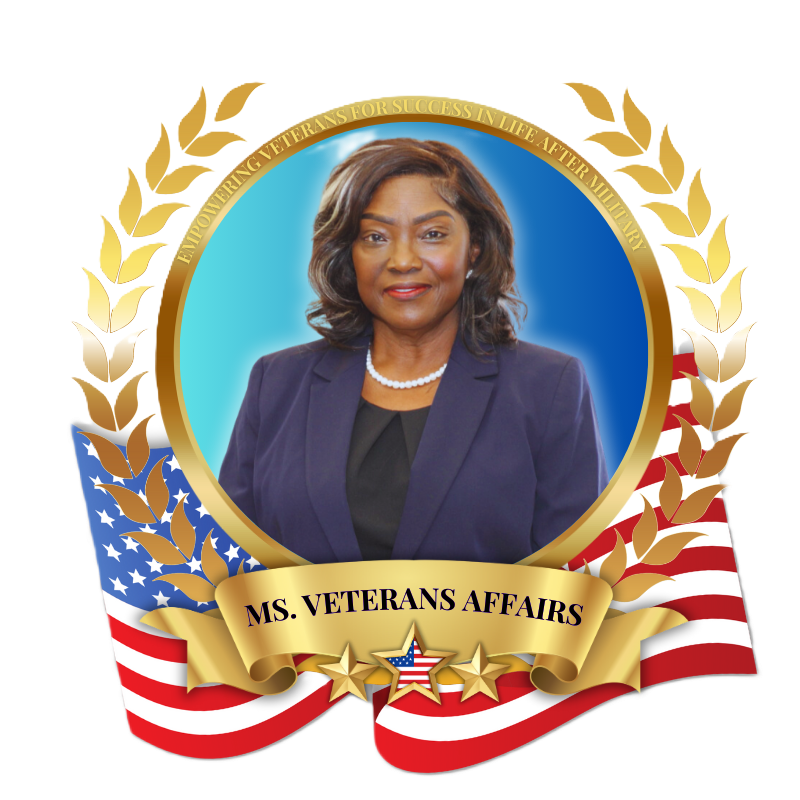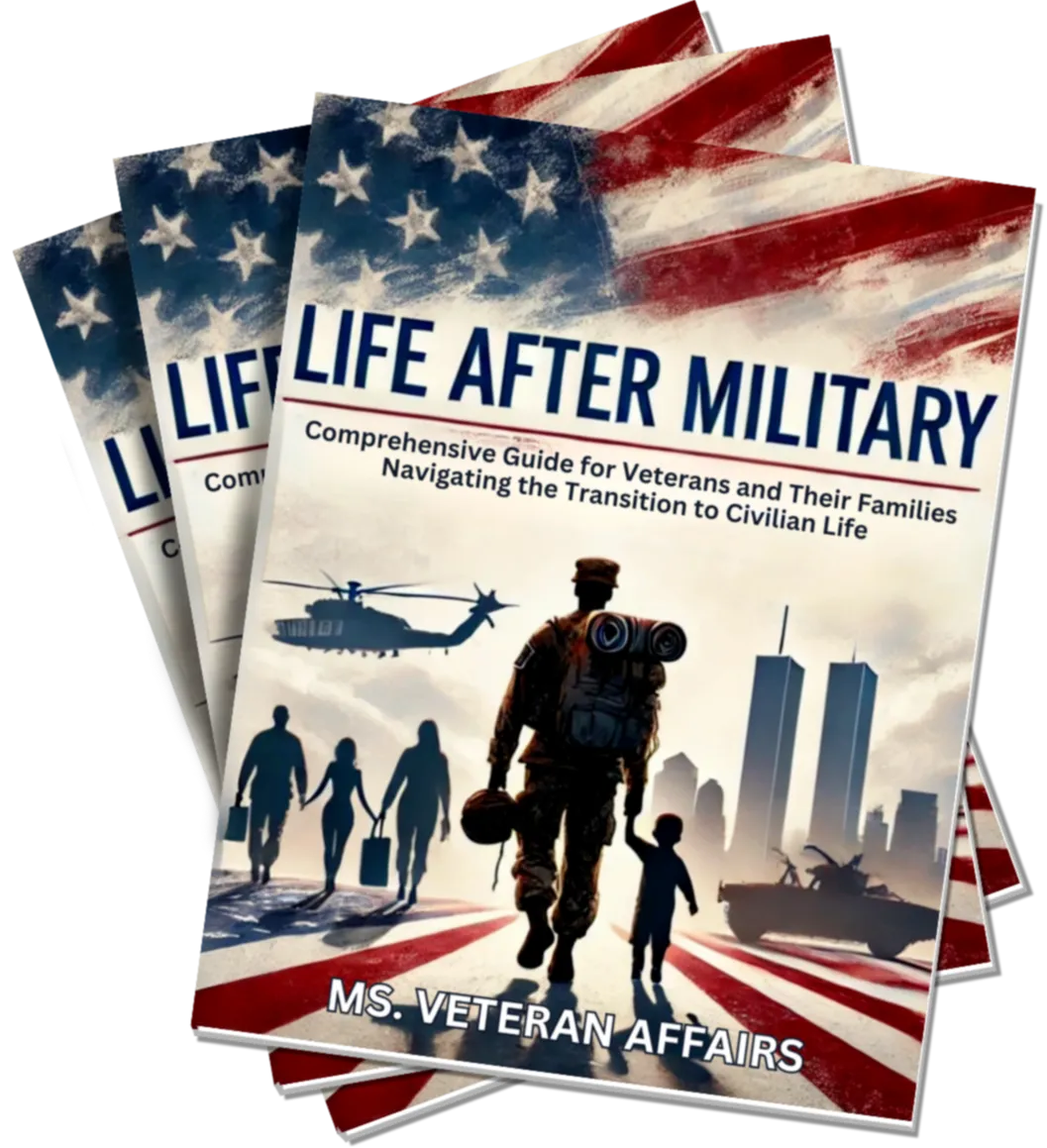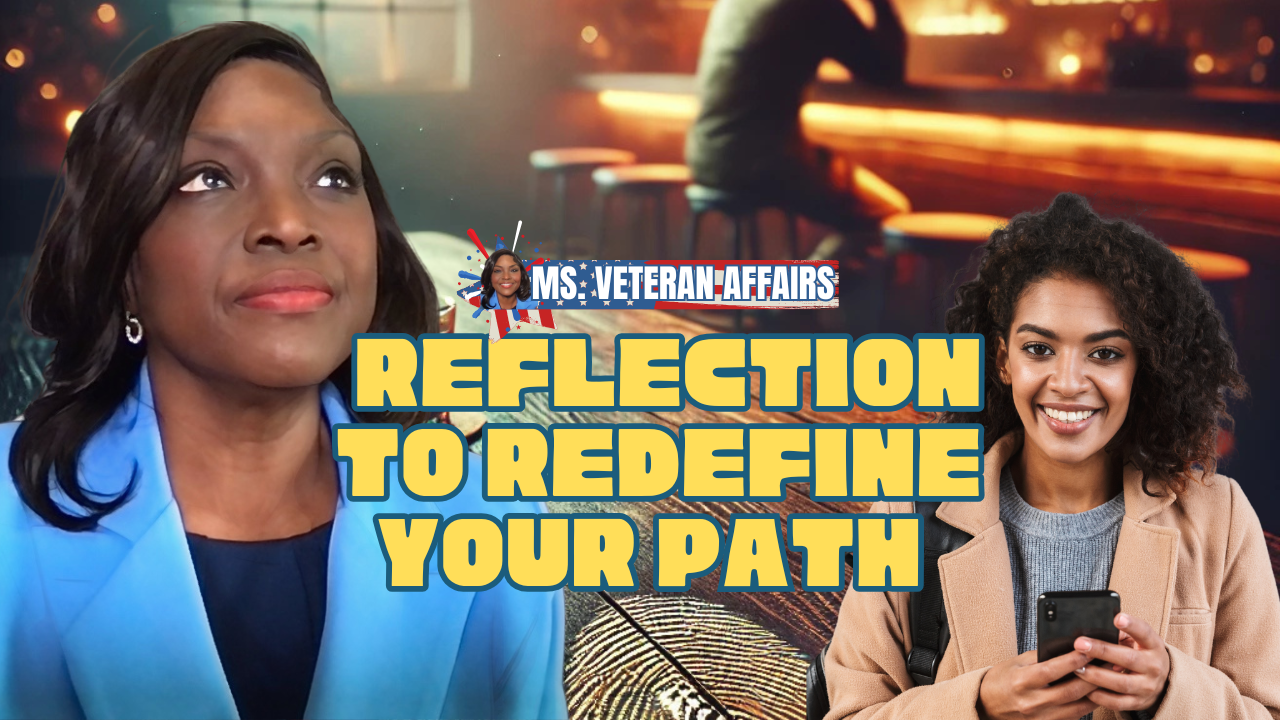Mark’s Advocacy for Sustainable Funding in Veteran Programs
Jul 30, 2025
 Ms. Veteran Affairs on Building Sustainable Funding for Veteran Programs
Ms. Veteran Affairs on Building Sustainable Funding for Veteran Programs
Mark’s phone rang late one evening, the screen flashing with an unknown number. He almost ignored it, but something told him to answer.
“Hello?” Mark’s voice was raspy, exhaustion from a long day of job hunting weighing heavily on him.
“Mark, it’s Lisa from the local veterans’ outreach center. I’m sorry to bother you so late, but I’ve got a favor to ask,” came the voice on the other end, urgent but professional.
Mark frowned, his curiosity piqued. “What’s going on?”
“We need your help. We’re looking at a huge cut in funding for our veteran services, and the programs that help veterans like you are at risk. We need someone to help us advocate, someone who’s been through the system, someone who understands what’s at stake. Can I count on you?”
Mark’s stomach sank. The idea of another battle—this one against an impersonal bureaucracy—felt daunting. But as he glanced at the pile of rejection letters on his desk and thought about the veterans he knew still struggling, something inside him shifted. This wasn’t just about him anymore.
“Okay, Lisa. I’m in. But where do I even start?”
An Unexpected Meeting
The next day, Mark found himself at a crowded rally downtown, the air thick with protest signs and passionate speeches. But Mark wasn’t there to shout into a megaphone. He was there to learn, to understand what he could do to help secure funding for veteran programs.
At the front of the crowd stood a woman in a smart blazer, holding a clipboard and giving instructions to volunteers. Mark’s eyes were drawn to her, not because of her commanding presence but because of the determination in her posture.
She wasn’t a politician or a high-profile activist; she was someone who clearly understood the system and how to navigate it.
“Excuse me,” Mark approached her hesitantly, a little out of his element.
She turned and gave him a quick smile. “You look like you’re here to make a difference. How can I help?”
“I’m Mark,” he introduced himself. “I just got pulled into this whole funding fight. I don’t know where to begin. Lisa said you could help.”
Ms. Veteran Affairs raised an eyebrow, her expression shifting to one of recognition. “Ah, Lisa called you, huh? Well, it’s good you’re here. But we’ve got a lot of ground to cover. Let’s talk.”
As they moved to a quieter corner of the rally, Ms. Veteran Affairs began outlining the problem at hand.
The Funding Crisis
“The issue isn’t just about what we have today; it’s about securing tomorrow,” she explained, her tone sharp with urgency. “A lot of veteran programs rely on inconsistent funding—federal grants, local donations, and sometimes, good old-fashioned lobbying. But when the funding dries up, so do the services. And it’s the veterans who are left behind.”
Mark felt a sense of urgency settle in his chest. He’d experienced first-hand how difficult it was to access mental health resources after leaving the service, and he knew other veterans faced the same barriers.
“But what can we actually do?” Mark asked, frustration creeping into his voice. “How do we get people to listen?”
Ms. Veteran Affairs smiled, a knowing glint in her eyes. “It’s all about advocacy. You’ve got the experience, Mark. You know the struggles of transitioning out of the military and what it takes to build a new life. That’s what makes your voice powerful. We need veterans like you to step up, speak out, and ensure the future of these programs.”
Building Sustainable Funding: The Plan
Ms. Veteran Affairs then laid out a concrete plan of action for Mark and others at the rally to follow.
“First, we have to understand how the money flows,” she began. “You’ve got federal funds coming through the Department of Veterans Affairs, sure. But then there are state and local funds, and sometimes, private donations. The key is making sure that funding doesn’t disappear due to political shifts or economic downturns.”
Mark listened closely, his mind whirring as he absorbed the strategy.
“You need to be proactive in connecting with lawmakers. We’ll hold town halls, write op-eds, and even organize virtual meetings where veterans share their stories. It’s about making sure people understand the importance of these programs,” she continued. “We also need to build partnerships with corporations and nonprofits. They have the resources and the motivation to get involved, but they need to see the value in contributing to veteran causes.”
Mark nodded, now seeing the bigger picture. “And it’s not just about asking for money—it’s about building relationships, right?”
“Exactly,” Ms. Veteran Affairs said with a nod. “Veterans’ voices have power, but only when they’re unified. Together, we can push for sustainable funding that ensures veterans get the healthcare, career training, and mental health resources they deserve.”
The Turning Point
By the end of the rally, Mark was no longer just a passive participant in the fight for veteran funding. He was ready to act, armed with knowledge and the resolve to make a difference.
Over the next few weeks, Mark and Ms. Veteran Affairs worked closely together. They organized community meetings, shared personal stories through social media, and, most importantly, got veterans in front of lawmakers to tell them what was at stake. Mark’s firsthand experience gave him credibility, and he became a powerful voice in the campaign for sustainable veteran funding.
The Well-Deserved Ending
Months later, after countless meetings, calls, and emails, the funding issue began to shift. Mark had watched as funding for several key programs was secured, giving veterans access to the resources they had been denied for far too long. He also saw veterans like him, who had once felt alone and hopeless, rallying together with a newfound sense of purpose.
When Mark finally received the call telling him that key programs had secured multi-year funding, he couldn’t help but smile.
“We did it,” he said, standing on his front porch and looking out at the neighborhood. “We actually did it.”
Ms. Veteran Affairs’ voice came through the phone, calm and proud. “You did, Mark. And don’t forget—this is just the beginning. Your work here is going to continue to change lives for veterans. And it all starts with you.”
Mark smiled, realizing that the journey wasn’t just about securing funds—it was about empowering veterans to take control of their own future. He had found his purpose, and with Ms. Veteran Affairs’ help, he knew the work would continue.
And in that moment, he realized how far he had come—from a call for help to becoming the advocate others needed to secure a better future for veterans everywhere.
Discussion Questions
- What are the primary challenges faced by veteran programs in securing sustainable funding, and why is it important for veterans to advocate for these programs?
- How did Mark’s transition from being a passive participant to an active advocate demonstrate the power of veterans’ voices in influencing policy and funding decisions?
- Ms. Veteran Affairs emphasizes the importance of partnerships with corporations and nonprofits. How can veterans leverage these relationships to ensure continued support for veteran programs?
- What role does personal experience play in advocating for change, as demonstrated by Mark’s involvement in the funding campaign?
- In what ways can other veterans, especially those new to civilian life, contribute to the movement for securing sustainable funding for veteran services? How can they make their voices heard effectively?
Join our community today!
Gain fresh insights every week—concise, impactful lessons designed to elevate your thinking, enhance self-awareness, and empower purposeful growth.
We hate SPAM. We will never sell your information, for any reason.












